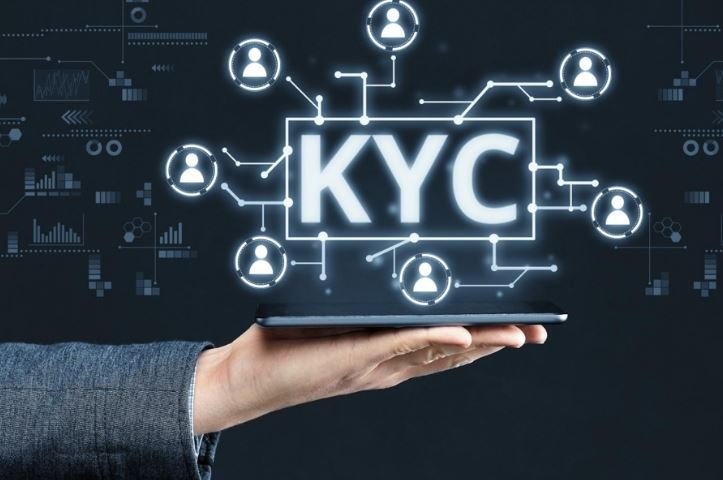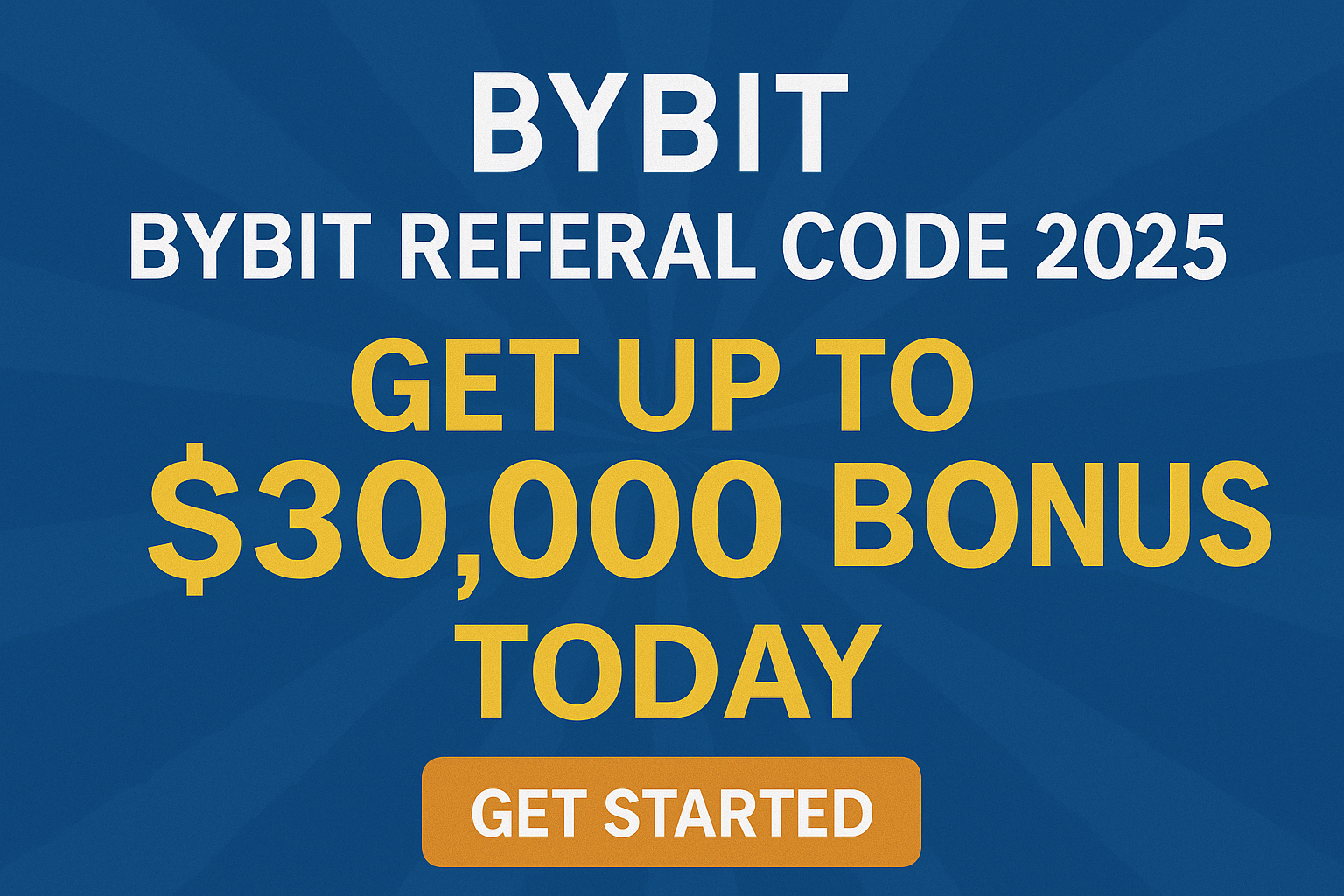Non KYC Crypto exchanges, which allow users to trade cryptocurrencies without having to go through a Know Your Customer (KYC) verification process. In this blog post, we will delve into the world of Non KYC Crypto Exchanges, exploring their benefits, risks, popular options in the market, regulatory concerns, safety tips, comparison with KYC exchanges, future outlook, how to choose a reliable non-KYC exchange, security measures implemented, and conclude with key takeaways.
Exploring the World of Non KYC Crypto Exchanges

What are Non KYC Crypto Exchanges?
Non KYC Crypto Exchanges are platforms that enable users to buy, sell, and trade cryptocurrencies without requiring them to undergo a KYC verification process. KYC processes typically involve users submitting personal information such as their full name, address, date of birth, and a government-issued ID to verify their identity. However, Non KYC Crypto Exchanges operate on the principle of anonymity, allowing users to maintain their privacy and trade cryptocurrencies without revealing their identity.
How do Non-KYC Exchanges Work?
When using a Non KYC Crypto Exchanges, users can create an account and start trading immediately without having to provide any personal information. These exchanges often rely on email addresses or wallet addresses for user registration and do not require extensive verification procedures. While this streamlined process offers convenience and speed, it also raises concerns about security and regulatory compliance.
Advantages of Non-KYC Exchanges
- Privacy: One of the main advantages of Non KYC Crypto Exchanges is the preservation of user privacy. By not collecting personal information, these platforms offer a level of anonymity that appeals to individuals who prioritize privacy in their cryptocurrency transactions.
- Accessibility: Non KYC Crypto Exchanges are often more accessible to users who may not have access to traditional banking services or prefer not to disclose their personal information online. This inclusivity allows a wider range of individuals to participate in the cryptocurrency market.
- Speed: The absence of a KYC verification process means that users can start trading almost instantly on non-KYC exchanges. This quick onboarding process is attractive to traders who want to take advantage of market opportunities without delays.
Benefits of Using Non KYC Crypto Exchanges
Anonymity
One of the key benefits of using Non KYC Crypto Exchanges is the anonymity they offer to users. By not requiring personal information, these platforms allow individuals to trade cryptocurrencies without revealing their identity. This can be particularly appealing to users who value their privacy and want to keep their financial transactions confidential.
Accessibility
Non KYC Crypto Exchanges are often more accessible to individuals who may not have access to traditional banking services or who prefer not to disclose their personal information online. This inclusivity enables a broader range of users to participate in the cryptocurrency market, contributing to its decentralization and democratization.
Speed
Another advantage of Non KYC Crypto Exchanges is the speed at which users can start trading. Without the need to go through a lengthy verification process, users can create an account and begin buying and selling cryptocurrencies almost instantly. This quick onboarding process is beneficial for traders who want to capitalize on market opportunities without delays.
Table: Benefits of Using Non KYC Crypto Exchanges
| Advantages | Description |
|---|---|
| Anonymity | Users can trade cryptocurrencies without revealing their identity, preserving their privacy. |
| Accessibility | Non-KYC exchanges are more inclusive and allow a wider range of individuals to participate in trading. |
| Speed | The absence of a KYC verification process enables quick onboarding and immediate access to trading. |
Risks Associated with Non KYC Crypto Exchanges
Lack of Regulation
One of the primary risks associated with Non KYC Crypto Exchanges is the lack of regulation and oversight. Without KYC requirements, these platforms may attract bad actors such as money launderers, terrorists, and other criminals looking to exploit the anonymity offered by non-compliant exchanges.
Security Concerns
Non KYC Crypto Exchanges are often targeted by hackers due to their perceived vulnerabilities and lack of stringent security measures. Users risk losing their funds to cyber attacks or fraudulent activities on these platforms, as there may be limited recourse for recovering lost assets in the absence of proper regulation.
Legal Compliance
Operating on the fringes of regulatory frameworks, Non KYC Crypto Exchanges face legal challenges and potential shutdowns if found to be facilitating illicit activities or violating anti-money laundering (AML) laws. Users may also face legal consequences for engaging in transactions on unregulated platforms, putting their funds and freedom at risk.
List: Risks Associated with Non KYC Crypto Exchanges
- Lack of Regulation
- Security Concerns
- Legal Compliance
Popular Non KYC Crypto Exchanges in the Market
Overview
Despite the risks associated with Non KYC Crypto Exchanges, several platforms have gained popularity among users seeking anonymity and accessibility in their cryptocurrency trading. These exchanges offer a range of features and services tailored to the needs of privacy-conscious traders, attracting a dedicated user base in the competitive crypto market.
Examples of Non KYC Crypto Exchanges
- Binance DEX: Binance DEX is a decentralized exchange (DEX) operated by the popular cryptocurrency exchange Binance. It allows users to trade a variety of cryptocurrencies without the need for KYC verification, offering a high level of privacy and security.
- LocalBitcoins: LocalBitcoins is a peer-to-peer (P2P) platform that connects buyers and sellers of Bitcoin. Users can trade directly with each other without intermediaries, enabling anonymous transactions and a wide range of payment options.
- Hodl Hodl: Hodl Hodl is a global P2P exchange that emphasizes privacy and security. It does not hold users’ funds in escrow, reducing the risk of hacks or theft. Traders can buy and sell Bitcoin and other cryptocurrencies without KYC verification.
List: Popular Non KYC Crypto Exchanges
- Binance DEX
- LocalBitcoins
- Hodl Hodl
Regulatory Concerns Surrounding Non KYC Crypto Exchanges
Anti-Money Laundering (AML)
Non KYC Crypto Exchanges have come under scrutiny from regulators for their potential role in facilitating money laundering and terrorist financing activities. The anonymity provided by these platforms makes it difficult for authorities to track and monitor suspicious transactions, raising concerns about the integrity of the cryptocurrency market.
Know Your Customer (KYC)
Regulatory bodies around the world have implemented KYC requirements to combat financial crimes and protect investors. Non KYC Crypto Exchanges that operate outside these regulations risk facing penalties, sanctions, or even closure for non-compliance with AML and KYC standards.
Compliance Challenges
Navigating the complex landscape of cryptocurrency regulations poses challenges for Non KYC Crypto Exchanges, as they must balance user privacy with legal obligations. Meeting regulatory requirements while maintaining anonymity is a delicate balance that requires careful consideration and proactive measures to ensure compliance.
Table: Regulatory Concerns Surrounding Non KYC Crypto Exchanges
| Regulatory Issues | Description |
|---|---|
| Anti-Money Laundering | Non KYC Crypto Exchanges may be used for illicit activities such as money laundering, posing risks to the financial system. |
| Know Your Customer | Lack of KYC verification raises concerns about user identification and compliance with regulatory standards. |
| Compliance Challenges | Non KYC Crypto Exchanges face difficulties in adhering to AML and KYC requirements while preserving user privacy. |
Tips for Safely Using Non KYC Crypto Exchanges
Conduct Due Diligence
Before using a Non KYC Crypto Exchanges, research the platform’s reputation, security measures, and user reviews to ensure its reliability. Look for feedback from other traders and verify the legitimacy of the exchange to avoid potential scams or fraud.
Secure Your Funds
Protect your cryptocurrency holdings by using secure wallets and implementing best practices for storing digital assets. Consider using hardware wallets or cold storage solutions to safeguard your funds against hacking attempts or unauthorized access on Non KYC Crypto Exchanges.
Limit Exposure
To minimize risks when trading on Non KYC Crypto Exchanges, only deposit the amount of funds needed for your transactions and avoid keeping large balances on the platform. By limiting your exposure to potential security threats, you can mitigate the impact of any unforeseen incidents on your investments.
List: Tips for Safely Using Non KYC Crypto Exchanges
- Conduct Due Diligence
- Secure Your Funds
- Limit Exposure
Future Outlook for Non KYC Crypto Exchanges
Growth Potential
As the demand for privacy-focused solutions in the cryptocurrency market continues to rise, Non KYC Crypto Exchanges are expected to see growth in user adoption and trading volume. Traders seeking anonymity and accessibility may turn to these platforms for their unique features and services.
Regulatory Scrutiny
Non-KYC exchanges are likely to face increased regulatory scrutiny as authorities seek to combat money laundering and illicit activities in the cryptocurrency space. Striking a balance between user privacy and regulatory compliance will be crucial for the long-term sustainability of Non KYC Crypto Exchanges (platforms).
Innovation and Competition
Competition among Non KYC Crypto Exchanges is expected to drive innovation in security measures, user experience, and product offerings. Platforms that prioritize user safety, transparency, and regulatory compliance are likely to gain a competitive edge in the evolving landscape of crypto trading.
How to Choose a Reliable Non KYC Crypto Exchanges

Reputation and Track Record
Look for Non KYC Crypto Exchanges with a solid reputation and proven track record of security and reliability. Check user reviews, industry rankings, and community feedback to assess the credibility of the platform before making any transactions.
Security Measures
Prioritize exchanges that implement robust security measures such as two-factor authentication, encryption protocols, and cold storage for user funds. Ensure that the platform follows best practices for protecting user data and preventing unauthorized access to accounts.
Customer Support
Choose exchanges that offer responsive customer support and timely assistance for any issues or inquiries. Reliable customer service can help resolve disputes, address technical issues, and provide guidance on using the platform effectively.
List: How to Choose a Reliable Non KYC Crypto Exchanges
- Reputation and Track Record
- Security Measures
- Customer Support
Security Measures Implemented by Non KYC Crypto Exchanges
Two-Factor Authentication
Many Non KYC Crypto Exchanges offer two-factor authentication (2FA) as an additional layer of security for user accounts. By requiring a second form of verification, such as a code sent to a mobile device, 2FA helps prevent unauthorized access to accounts and enhances overall security.
Cold Storage
To protect user funds from hacking attempts and cyber theft, some Non KYC Crypto Exchanges use cold storage solutions to store the majority of their cryptocurrency reserves offline. Cold storage keeps assets disconnected from the internet, reducing the risk of online attacks and unauthorized withdrawals.
Encryption Protocols
Non KYC Crypto Exchanges may employ encryption protocols to secure user data, communications, and transactions on their platforms. End-to-end encryption and secure socket layer (SSL) technology help protect sensitive information from interception and unauthorized disclosure by encrypting data transmissions.
List: Security Measures Implemented by Non KYC Crypto Exchanges
- Two-Factor Authentication
- Cold Storage
- Encryption Protocols
Conclusion
In conclusion, Non KYC Crypto Exchanges offer a unique set of advantages such as privacy, accessibility, and speed for users looking to trade cryptocurrencies without undergoing identity verification. However, these platforms also pose risks related to regulation, security, and legal compliance that users should be aware of before engaging in transactions. By conducting due diligence, securing their funds, and limiting exposure, traders can safely navigate the world of Non KYC Crypto Exchanges and make informed decisions about their cryptocurrency investments.
As the regulatory landscape evolves and competition intensifies in the crypto market, choosing a reliable Non KYC Crypto Exchanges with strong security measures and customer support will be essential for ensuring a positive trading experience in the long run.




